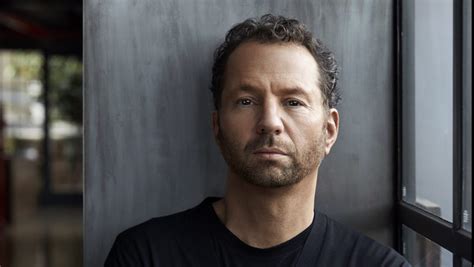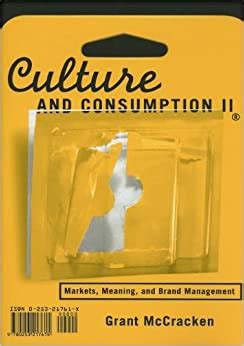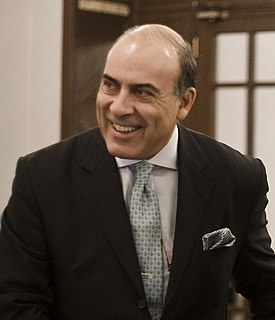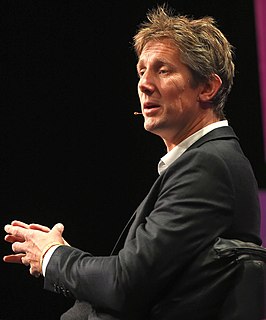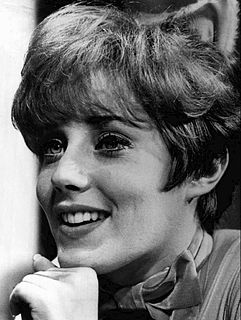Цитата Майкла Рапино
У нас не было тонны инноваций и маркетинга в концертной индустрии, как и в звукозаписывающей индустрии. Мы были довольно старомодным бизнесом по сравнению с Coca-Cola и крупными упаковочными/маркетинговыми компаниями.
Связанные цитаты
Я хотел быть промышленным дизайнером, поэтому я пошел в бизнес-школу для этого, а затем я пошел в маркетинг в Interpublic Group of Companies, которая была одной из первых организаций, которые действительно задумались о бренд-маркетинге. Я работал над аккаунтом Coca Cola, а затем меня наняла Pepsi, и я стал первым MBA Pepsi. Меня назвали High Wire Act, потому что мне было за 20, и мне давали работу с возрастающей ответственностью, для которой я совершенно не подходил.
Одна вещь, в которой гуманитарный мир не преуспевает, — это маркетинг. Как журналист я каждый день получаю предложения от компаний, у которых есть новые продукты. Между тем, у вас есть такие проблемы, как чистая вода, грамотность для девочек, расширение прав и возможностей женщин. Люди вздрагивают при мысли о маркетинге, потому что маркетинг звучит так, будто маркетингом занимаются только компании.
За последние 60 лет маркетинг перешел от ориентации на продукт (Маркетинг 1.0) к ориентации на потребителя (Маркетинг 2.0). Сегодня мы видим, что маркетинг снова трансформируется в ответ на новую динамику в окружающей среде. Мы видим, как компании расширяют свое внимание от продуктов к потребителям и проблемам человечества. Маркетинг 3.0 — это этап, когда компании переходят от ориентированности на потребителя к ориентированности на человека и где прибыльность уравновешивается корпоративной ответственностью.
Я обнаружил, что маркетинг в высшей степени описательный и предписывающий, без особой основы для глубоких исследований. Я включил экономику, теорию организации, математику и социальную психологию в свое первое издание «Управления маркетингом» в 1967 году. Сегодня «Управление маркетингом» находится в своем 15-м издании и остается ведущим в мире учебником по маркетингу для программ MBA. Впоследствии я написал еще два учебника: «Принципы маркетинга» и «Маркетинг: введение».
У меня никогда не было опыта 10 лет в Unilever и 5 лет в Coca Cola. Но я не директор по маркетингу, который хочет только 25 процентов в год от доходов. В старые времена вы что-нибудь продали, и вы были бы счастливы. В «Аяксе» мы думали, что нам нужно больше, чем просто продать место и заработать пять тысяч долларов.
